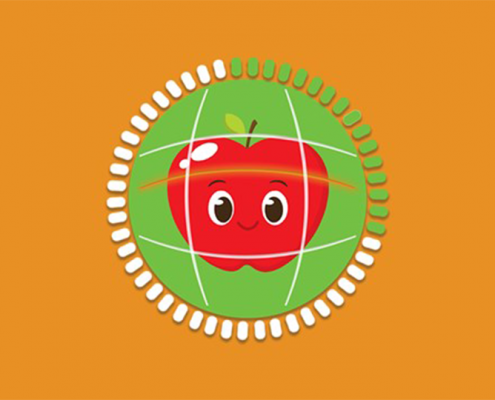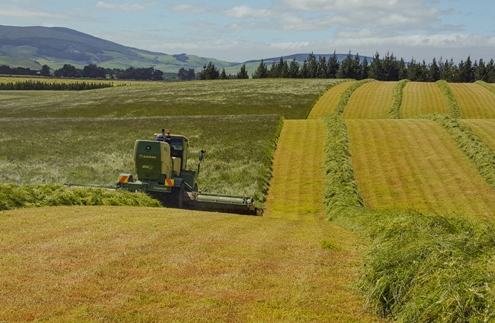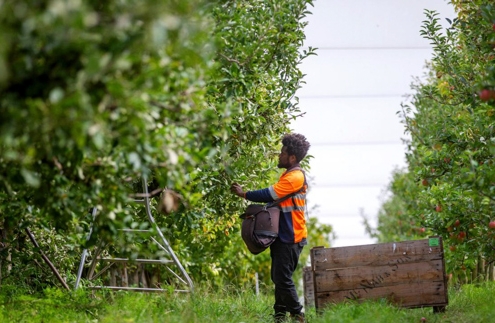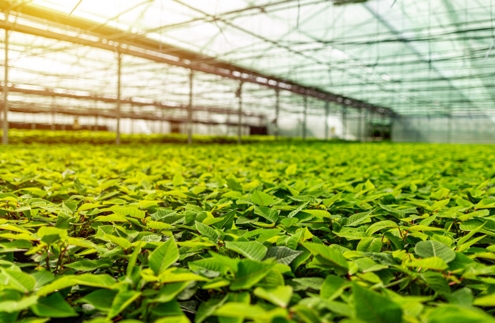Management Software and Its Sustainability Impact on Horticulture
Introduction
In the world of horticulture, where efficiency and sustainability are paramount, the role of management software has become increasingly crucial. As technology continues to revolutionise various industries, including horticulture, software solutions offer an array of benefits that can optimise operations and contribute to a more sustainable future. In this opinion piece, I will explore the sustainability impact of management software on horticulture, examining its benefits, potential drawbacks, and my personal stance on the matter.
Understanding the Role of Management Software
Management software has become an integral part of horticulture operations, providing efficient tools to streamline tasks, track job costings, yield reporting and optimize workforce productivity. With features such as HR onboarding, job costing, modern time tracking methods, payroll, and bin ticketing, these software solutions empower horticultural professionals to make informed decisions, reduce wasted resources, and increase overall business efficiency. By centralizing data and automating processes, management software enables growers to better allocate resources and ultimately enhance sustainability practices within their operations.
The Sustainability Debate
While management software has numerous advantages, it’s important to think about its sustainability impact. Some people argue that the energy consumption and potential electronic waste associated with running software systems raise concerns about its environmental footprint. However, let’s consider the bigger picture. When compared to traditional paper-based systems or manual record-keeping, management software significantly reduces the need for physical resources like paperwork and storage space. Plus, with real-time data and analytics, we can make proactive decisions, optimize resource usage, and minimize waste. So, overall, management software offers a more efficient and eco-friendly approach.
Stay up to date with everything AgriSmart! Whether that be future deals, payroll advice from the experts, or other exciting news.
Subscribe to our newsletter!
Our newsletters are filled with guides, our latest products/news, updates on legislative changes, and more – keeping you in the know with all things payroll and workforce management.
If you require assistance in any way, feel free to reach out to us directly. We’re here to help!
My Personal Stance
In my view, management software plays a pivotal role in enhancing sustainability in horticulture. Its ability to optimize resource allocation, reduce wastage, and promote efficiency aligns with the core principles of sustainable practices. However, it is crucial to acknowledge that the use of software does entail energy consumption and the potential for electronic waste. To address these concerns, it is imperative for the industry to advocate responsible usage and disposal practices. By prioritizing these we can mitigate the potential negative environmental impact of management software.
Exploring Alternatives
While management software definitely has its benefits, it’s also important to look into other sustainable options specific to the horticulture industry. For example, integrating Internet of Things (IoT) technology to monitor resource usage and automate irrigation systems can give us a more detailed approach to managing resources. And if we embrace precision agriculture techniques like remote sensing and data analytics, we can optimise resource allocation and reduce waste even further. By combining these innovative practices with orchard and workforce management software, horticultural professionals can take a more holistic and conversational approach to sustainability.
Addressing Concerns
It’s totally understandable to have concerns about the sustainability impact of management software. But here’s the thing – by promoting responsible usage, using energy-efficient hardware, and implementing digital recycling initiatives, we can actually minimize any potential drawbacks. It’s all about collaboration between software developers, growers, and industry experts to address these concerns and come up with innovative solutions that not only enhance sustainability efforts but also maximize the benefits of management software. So, let’s work together and make a positive impact!
Conclusion
In conclusion, management software has the potential to revolutionise horticulture operations, offering efficient tools to enhance sustainability practices. While it is essential to acknowledge the energy consumption and potential electronic waste associated with software systems, the overall benefits in terms of resource optimisation and operational waste reduction cannot be ignored. By adopting responsible usage and disposal practices, the horticulture industry can harness the power of management software while minimizing its environmental impact. Let us strive for a future where technology and sustainability go hand in hand, creating a greener and more efficient horticultural landscape.
What’s Next?
To explore how management software can optimise your horticulture operations and enhance sustainability practices, visit our horticulture page and/or schedule a FREE demo of how our software works in a horticulture business setting.
Together, let’s cultivate a greener future for horticulture.



